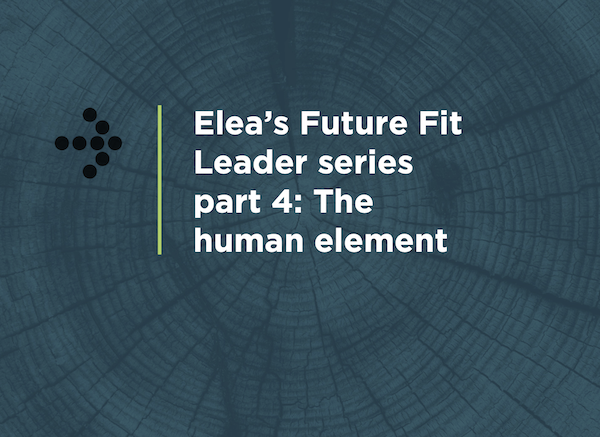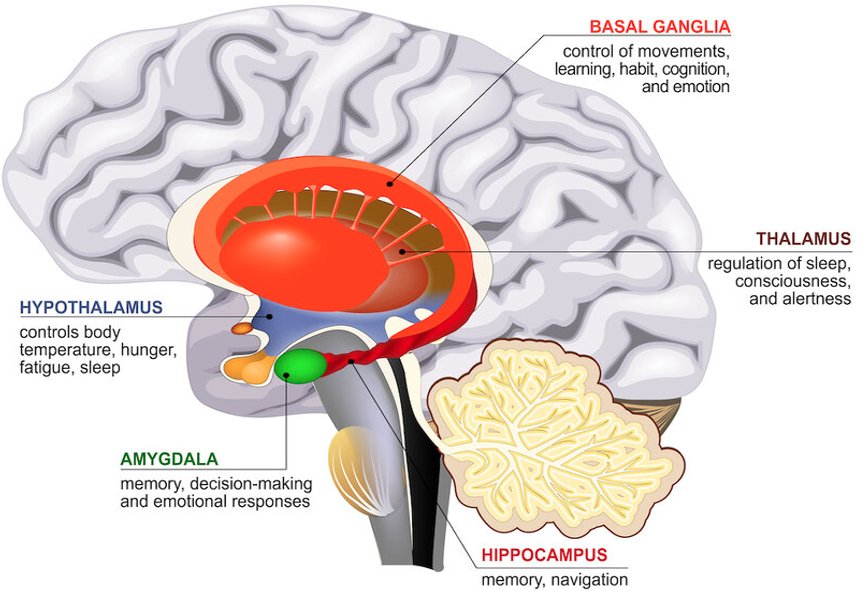Elea’s Future Fit Leader series part 4: The human element

The fourth session of Elea’s Future Fit Leader series ran online with Juliette Fourie, MD of Elea at the OMT Group, focusing on the people side of leadership. The theme was simple: “Are you a leader people want to follow?”
Juliette framed the session around Elea’s approach to measuring and developing leadership. Elea uses business simulations scored by Eva, a virtual psychologist, to establish a baseline, generate a personalised plan, and then re-assess to show growth over time. The webinar lens was emotional and social intelligence: understanding emotions, communicating and collaborating, and motivating and inspiring.
Juliette began with the mechanics of emotion: “Triggers set off the amygdala, the hypothalamus drives a stress response, hormones shape thought and action and the prefrontal cortex regulates what we do next,” she explained. “In leadership terms, that chain explains why presence and regulation matter so much in difficult moments.”

Borrowing from Amy Cuddy, Juliette pointed out that our bodies change our minds, our minds change our behaviour, and our behaviour changes our outcomes.
From there, the discussion moved through the core elements of emotional intelligence: self-awareness, self-management, social awareness, relationship skills and motivation. The message was practical rather than soft.
“Emotional intelligence is not about being nice,” said Juliette. “It is about reading the room, managing your state, building trust through clear, empathetic communication, and turning intent into positive impact others can feel.”
Juliette linked this to Elea’s People domain and to what shows up at different levels of leadership.
“Operational behaviours are common at junior levels. Coordination and collaboration rise in the middle. At the executive tier, the rare and decisive differentiators are often human: acts humbly, recognises frustration in others, inspires and energises, shows empathy. These are the behaviours that shape climate and culture over time.”
Juliette also drew on recent leadership research to underline demand.
“Global studies show organisations placing growing emphasis on emotional intelligence as they navigate polarised workplaces, constant change and hybrid settings. It is not a replacement for business skills. It is what enables them to land.”
Three takeaways stood out in the webinar:
- Emotional literacy before action. Name what is happening in you and in others, then choose the response that serves the moment.
- Connection is a performance skill. Support, empathy and clear communication create the safety that unlocks delivery.
- Inspiration is earned. Purpose, energy and genuine appreciation turn compliance into commitment.
Throughout, Juliette kept returning to accountability.
“When intent and impact don’t match, leaders atone, reset and repair,” she said. “When pressure spikes, they use their body and breath to steady the mind, so the team feels composed leadership rather than transmitted stress. And when people do the work, leaders notice and say so. These habits compound.”
Part 4 of the Future Fit Leader series closed with an invitation to look in the mirror: how do you currently show up in the eyes of others, and what would it take to connect, collaborate and inspire at a higher level?
The next session – on 6 November 2025 – will turn to business acumen: interpreting data, integrating financial and commercial understanding, leveraging digital and marketing insight and applying strategic foresight, rounding out the balance between head and heart in future-fit leadership.
For registration details, email Juliette at [email protected]. To access the full Future Fit Webinar series, click here.